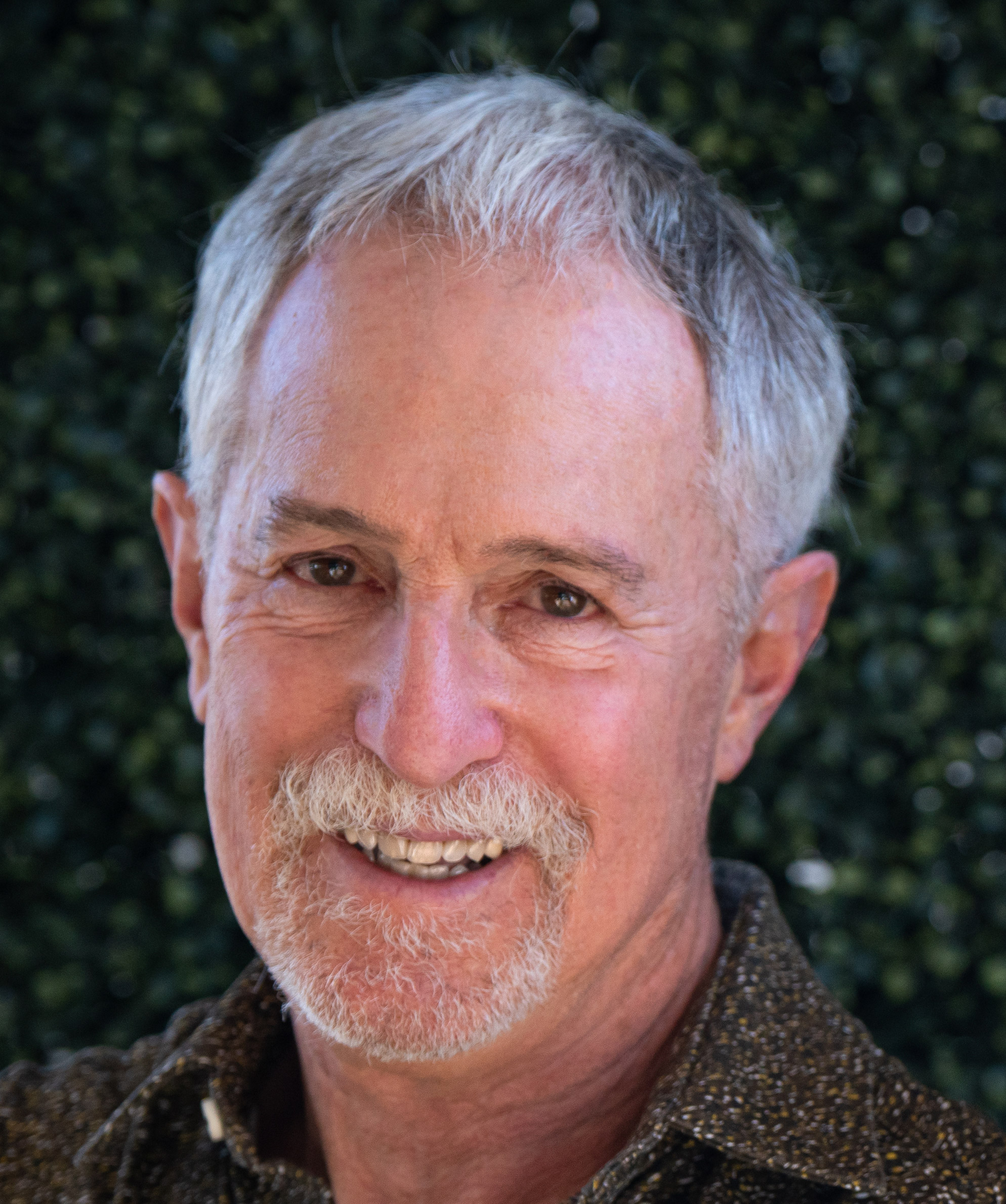35 years on, I’m still searching for my biggest impact on the climate crisis
In a world that's doing both better and worse than hoped to address the climate crisis, how should a sustainability 'modern elder' engage? I've been pondering this question. I'd love your thoughts. Read More

GreenBiz Group via DALL-E
I’m recently back from two months off — my “sorta-batical,” as I dubbed it last spring — copious amounts of downtime punctuated with occasional work-related activities. As I announced in my sign-off column in June, I intended to engage in some mental rewilding, quieting my brain in the hopes it would repopulate with new ideas, inspirations and insights.
Much as I enjoyed the summer of 2023, I’m not yet sure what, exactly, sprouted. But it was nonetheless refreshing, a time of pondering, of soul-searching, of assessment.
Among my overriding questions: At age 71, how do I best show up in this moment, professionally speaking?
Answering this has become my quest, not just for myself but for my demographic cohort — those of a certain age who have spent decades helping companies and their stakeholders embrace sustainability in all its many dimensions, and who are not yet ready to fade away. What is our highest and best purpose in this moment? Should we continue to do what we’ve always done, or do the times demand that we show up differently?
When, if at all, does it make sense for us to leave the scene altogether, gracefully and graciously, passing the baton to a younger, more diverse generation and rooting them on from the sidelines?
It’s not an academic question. GreenBiz Group, the company I co-founded, is growing and prospering. My role these days is largely to look around corners to see what’s next, to mentor young (and some not-so-young) team members and to write occasionally. I’ve been absolved of management duties: Not one of our 80-plus employees reports to me. As such, there’s a newfound spaciousness in my professional life.
Meanwhile, the world of sustainable business in which GreenBiz operates is doing both better and worse than hoped. Better, in that more companies are making more and bigger commitments, aided by technologies that are getting better and cheaper and cleaner. Worse, in that none of this is progressing quickly or boldly enough to truly address the climate crisis, the biodiversity crisis and other critical societal issues.
It’s getting harder to know where best to intervene.
So, the questions: What’s my highest and best purpose in the world of sustainability? What projects and relationships would be engaging and impactful? How much to lean in — and how much to step aside?
Asking my peers
This summer, I checked in with more than a dozen friends and colleagues — sustainability elders all, whether in age, experience or both — to see how they’re addressing these questions. With little prompting, they let loose with a barrage of concerns and anxieties.
“It’s been on my mind a great deal,” said one longtime colleague. (I’ll refrain from identifying individuals because none of the conversations was on the record.) “My commitment is stronger than ever, but my optimism is waning. I feel like I’m waiting and hoping that things will change, but they never really do.”
“I’m frustrated,” offered another. “As hard as I’m working, it feels like things are moving in the wrong direction. We really need to step things up but, frankly, I’m tired of pushing a rock up a hill.”
“I’m not quite sure what to do next,” confessed a third friend. “There’s so many people doing so many things, but I’m not sure we’re all making enough of a difference. I’m going to keep doing what I’ve always done but, increasingly, I’m not sure that’s the right approach.”
The conversations ran the gamut: those who are enthusiastic and committed as ever; those who are tired and losing hope; those who’ve grown cynical about whether there will ever be enough money and political will to propel the world into a clean, circular and equitable economy — and to do so in relatively short order. There’s no shortage of eco-anxiety.
More than a few confessed to experiencing several of these seemingly conflicting emotions at once. I count myself among them.
I could do more, but what?
Amid all this I’ve been inspired and energized by the budding “modern elder” movement, popularized by entrepreneur Chip Conley, who has a terrific book and an engaging TED Talk on the subject. Modern elders, says Conley, a successful entrepreneur in the hospitality sector, are people in midlife or older who, among other traits, are as curious as they are wise. And rather than seeking the spotlight of being a “sage on the stage,” they shift to becoming a “guide on the side,” sharing the wisdom they have gleaned through decades of experience in life and work.
That reasonably describes me these days (although, truth be told, I still revel in being a “sage on the stage”). I spend a portion of every week helping my younger colleagues glean the insights of my 35 years in sustainability (and nearly 50 years as a journalist), hoping to accelerate their learning curves to become leaders in their own right. It’s a joy watching them rise to the challenge.
But is it enough? Hardly. Is there more I can be doing? Definitely. What, exactly, are those things? That’s — an open question.
I’m still pondering that last question, my contemplative summer notwithstanding. More importantly, I’m interested in hearing what others think.
I’ve initiated a discussion on the topic over on LinkedIn and look forward to your thoughts.













